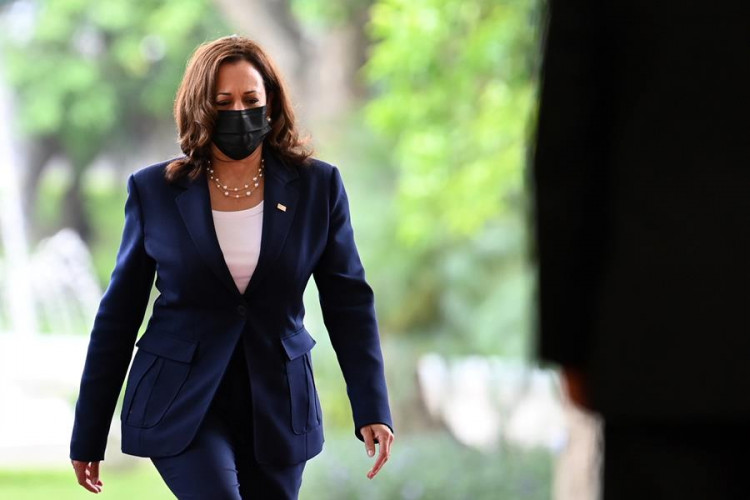At least two U.S. diplomats will be flown out of Vietnam after incidents of "Havana Syndrome," reports say.
Josh Lederman, an NBC reporter, said on Twitter that the evacuation was being carried out following incidents over the weekend in Hanoi.
The illnesses come ahead of U.S. Vice President Kamala Harris visits Vietnam, whose objective was to try and woo allies. Harris was in Singapore ahead of her Vietnam trip at the time of the incident in Hanoi.
The report of "an anomalous health incident" in the capital city caused a brief delay in Harris' scheduled trip to the country late Tuesday evening.
The mysterious syndrome first affected people at the Canadian and U.S. consulates in Havana, Cuba in 2016 and 2017.
Havana Syndrome may be caused by microwave radiation, experts say. Symptoms include nausea, dizziness, migraines and memory lapses.
Hundreds of American diplomats, intelligence officers and other staff have, reportedly, fallen sick with symptoms associated with the syndrome, including ear ringing and severe headaches.
In June, U.S. State Secretary Antony Blinken announced a thorough evaluation into the causes of the illness.
NBC News reported in July that as many as 200 American officials or members of their family have reported possible symptoms.
In December, a U.S. National Academy of Sciences body discovered a plausible theory is that "directed energy" beams trigger the condition, Central Intelligence Agency Director William Burns said.
Since the condition was first reported, cases of the syndrome have been reported in other parts of the globe, including Germany, Russia, China and Austria, BBC reported.
The incidents in Hanoi took place at the personnel's homes, not at the U.S. embassy, officials said. Much of the U.S. staff in the country are currently telecommuting because of Vietnam's current COVID-19 lockdown.
According to White House Press Secretary Jen Psaki on Tuesday, U.S. officials "take any reported incident of Havana Syndrome seriously."
In a statement Tuesday, Sen. Jeanne Shaheen said the incidents in Hanoi underscore the "serious and ongoing threat posed to U.S. personnel and their families overseas."






